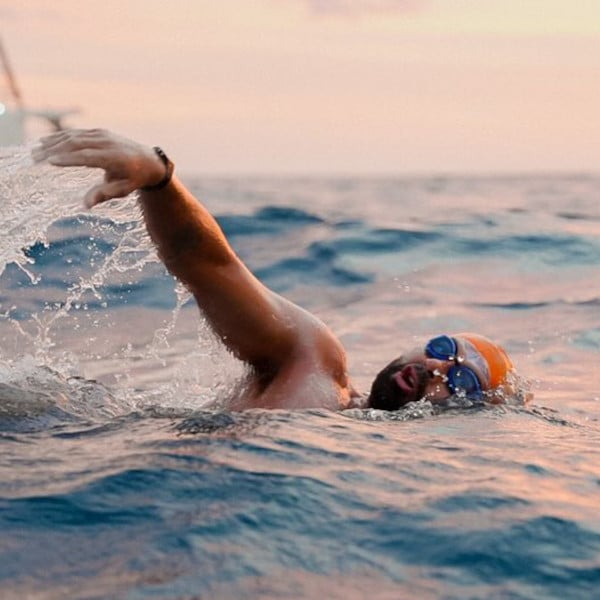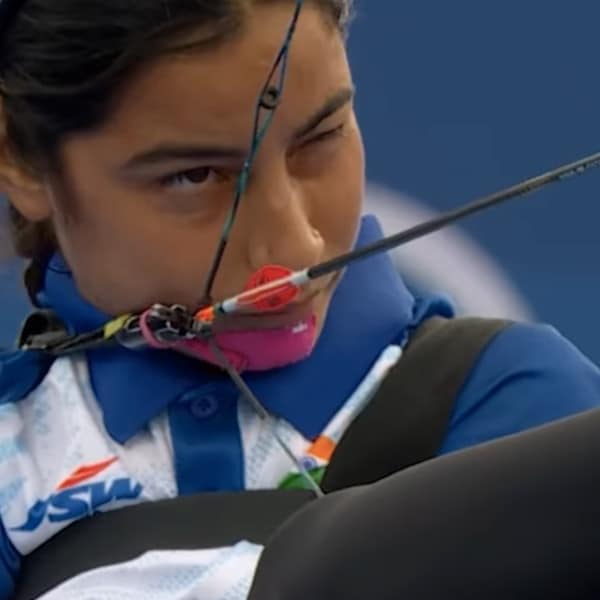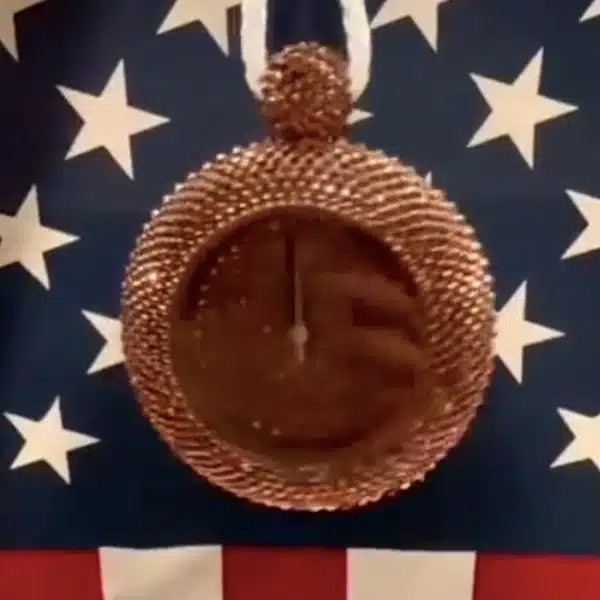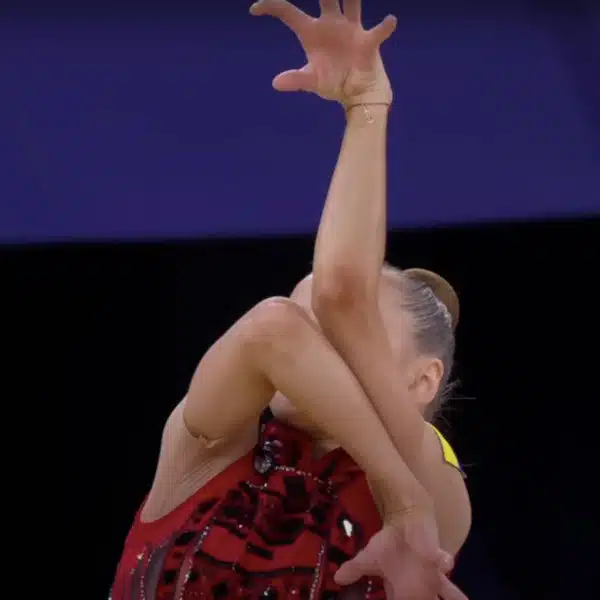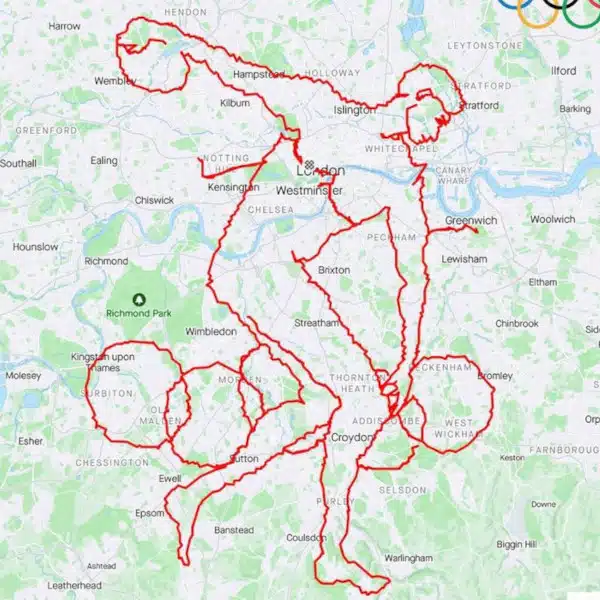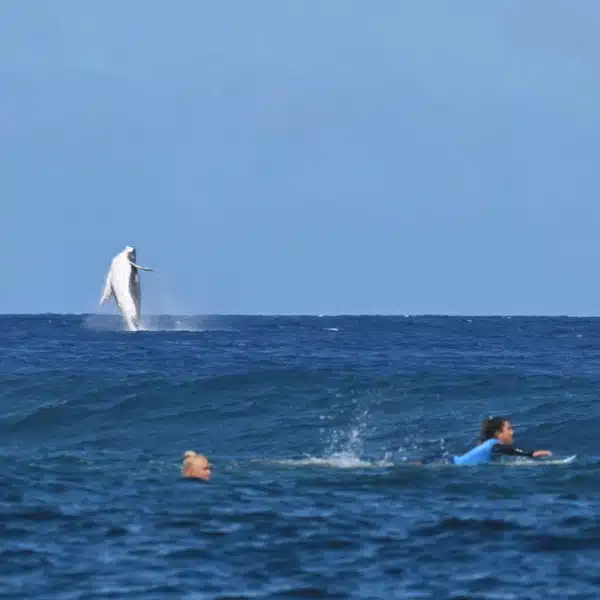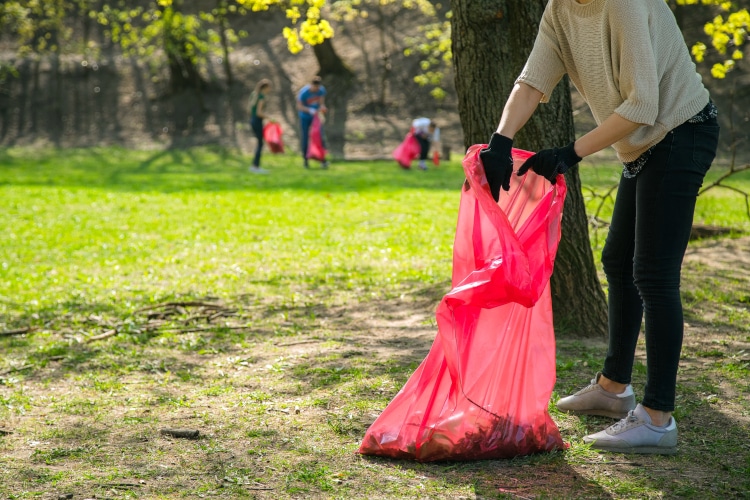
Photo: JaCrispy/Depositphotos
Sports have gotten more and more environmentally friendly, whether it's by reducing plastic waste at arenas, or producing medals with recycled materials. But what if the sport itself was devoted to directly helping the planet? Take a look at SpoGomi, a competitive sport in which teams collect garbage and litter within a time limit and specified area. People get to exercise and improve their communities while simultaneously reducing pollution. It's an overall win!
The name “SpoGomi” comes from “sports” and “gomi,” which means “trash” in Japanese. SpoGomi was created in Japan in 2008 as a way to promote trash collecting in an effort to aid the environment and push back on the climate crisis. “The marine litter problem is becoming increasingly serious worldwide,” reads a message from SpoGomi. “Approximately 80% of the garbage in the ocean is said to come from land (cities), and picking up garbage is the ‘last line of defense' to prevent this from happening. By connecting countries and people, we have expanded our circle even further around the world.”
Now, supported by The Nippon Foundation, the sport is so popular that there are competitions around the world, including the first SpoGomi World Cup, which was held in Japan in November 2023. People from 20 countries and all of Japan's prefectures participated, with the UK team coming out in first place.
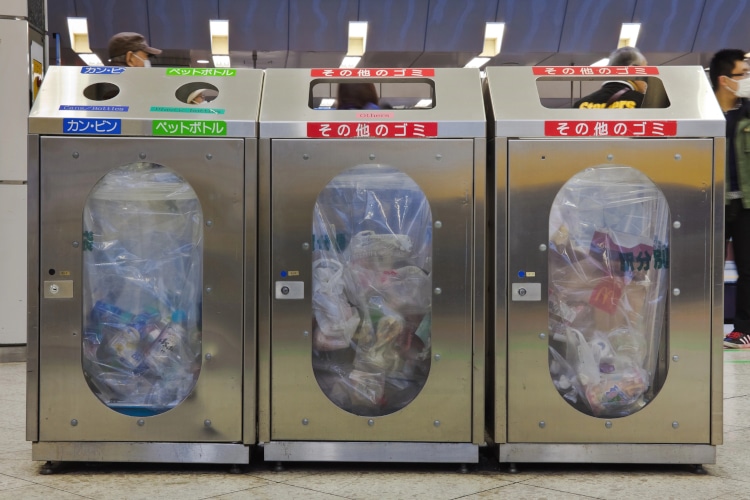
Photo: cowardlion/Depositphotos
SpoGomi is more than simply picking up trash, though, as there's a whole set of rules. These game rules are flexible depending on the area and litter to be picked up. Generally, teams are made up of three to five members who have to collect as much trash as possible within a designated area and time limit. The most common duration is an hour for picking up trash plus another 20 minutes to correctly sort it.
Some trash can be extra damaging to the environment or harder to spot, meaning each piece of litter gets a different amount of points. According to Nippon.com, the rules for World Cup regional preliminary rounds have burnable and nonburnable trash at 10 points per 100 grams, cans and bottles at 12 points, and PET plastic bottles at 25 points. The crown jewel of competitive trash picking are cigarette butts, which will get the team 100 points each.
Other rules stipulate that teams cannot pick up trash that is already in bins that belong to someone else. Since everything must fit into the trash bags that are provided, they cannot pick hazardous waste or bulky items either. And since this is meant to improve the local area, any method of transportation other than walking is frowned upon.
In the end, all participants can bask in the pride of making the environment just a little bit cleaner and healthier. Udagawa Takayasu, a spokesperson for The Nippon Foundation, even admits, “I participated in a preliminary tournament held in Japan just last weekend. Although our team could not win and I faced frustration, the city became markedly cleaner. I think it's one of the fascinating aspects of SpoGomi, even if you don't win, it leaves you with a positive sentiment.”
SpoGomi is a competitive sport in which teams collect garbage and litter within a time limit and specified area.
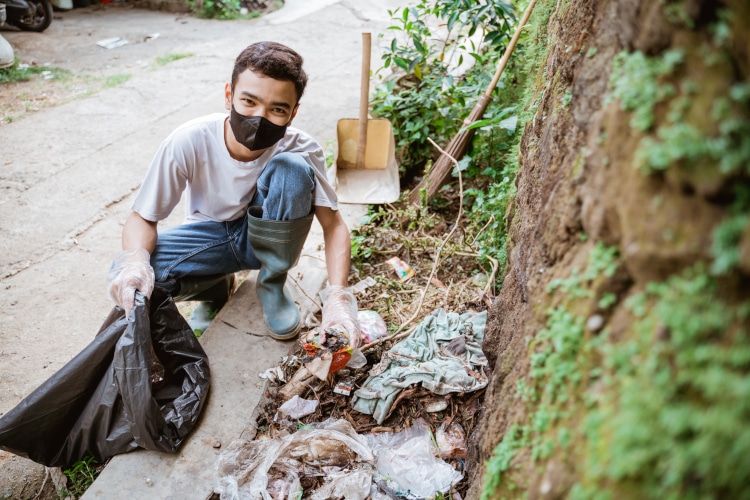
Photo: odua/Depositphotos
The name “SpoGomi” comes from “sports” and “gomi,” which means “trash” in Japanese.
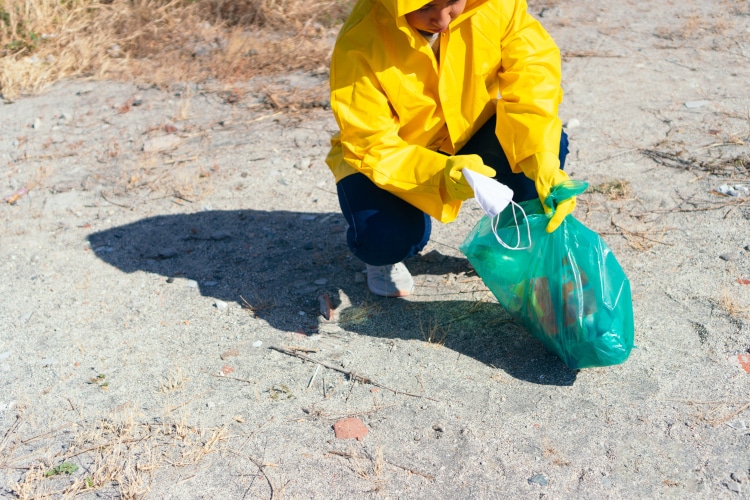
Photo: HectorPertuz/Depositphotos
SpoGomi was created in Japan in 2008 as a way to promote trash collecting. Now, it's so popular that there are competitions around the world.
Check out the rules for the competition in this helpful video:
SpoGomi: Website
The Nippon Foundation: Website | Facebook | YouTube
h/t: [Nippon.com]
Related Articles:
25,000 Pounds of Trash Removed From Ocean in Just One Extraction
What Is an Ecobrick? Learn About How You Can Build Things Using Your Plastic Trash
Environmental Activist Wears a Custom Suit Showing All the Trash He Produced in a Month
Man Cleans Up Beaches With Custom-Built Grabber and Remote-Controlled Trash Can













































































